Raspberry ketones are a dietary supplement promoted for weight loss. They’re said to enhance the breakdown of fat inside cells and influence metabolic regulation. However, there are no human trials that substantiate these claims.
If you’re trying to slim down, you’re in the majority.
Over one-third of Americans are overweight, and another third are considered obese.
Only about 30% of people maintain a healthy weight.
The challenge is that traditional methods for losing weight are difficult, and roughly 85% of people attempting them do not succeed.
Still, countless products promise weight loss assistance. Various herbs, shakes and pills claim to help you burn fat or curb appetite.
One widely marketed ingredient is raspberry ketones.
Raspberry ketones are purported to promote the breakdown of fat within cells, enabling the body to burn fat more rapidly. They’re also claimed to elevate adiponectin, a hormone involved in metabolic control.
This article reviews the existing evidence regarding raspberry ketones.
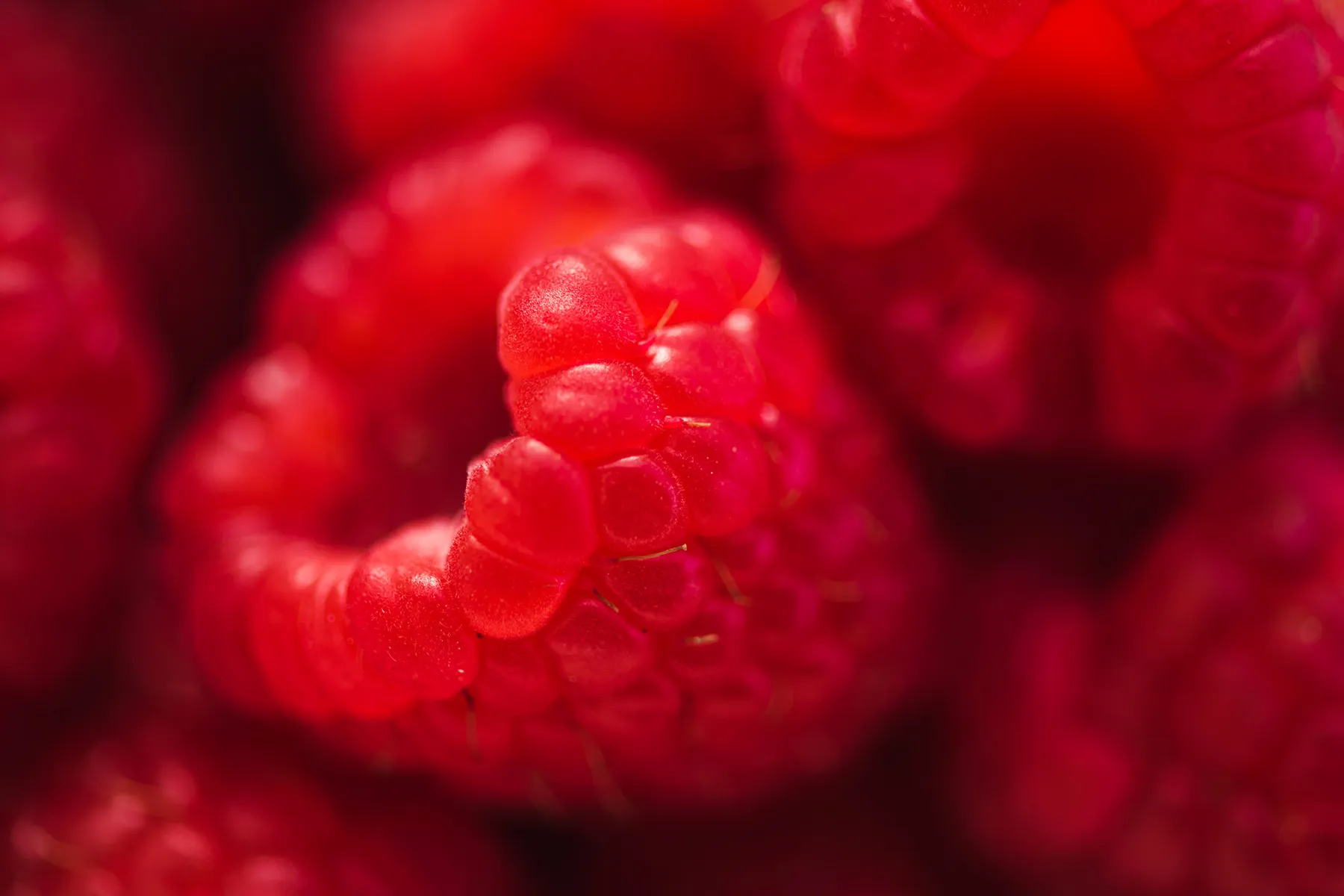
What Are Raspberry Ketones?
Raspberry ketone is the compound responsible for the distinctive scent of red raspberries.
It also occurs in trace amounts in other fruits and berries, including blackberries, cranberries and kiwi.
It has long been used as a fragrance ingredient in cosmetics and as a flavor agent in beverages, ice cream and other processed foods.
Consequently, most people already consume minute quantities of raspberry ketones—either from eating fruit or from flavored products.
Only recently have they been marketed as a weight loss supplement.
Despite the name “raspberry,” the supplement form is not extracted from raspberries.
Obtaining raspberry ketones from raspberries is extremely costly — roughly 90 pounds (41 kg) of raspberries are required to produce a single dose.
Indeed, 2.2 pounds (1 kg) of whole raspberries contains only 1–4 mg of raspberry ketones, which is just 0.0001–0.0004% of the fruit’s weight.
Raspberry ketones sold as supplements are synthetically produced rather than naturally harvested (, 5, 6).
The term “ketone” may entice those familiar with low-carb, ketogenic diets — which shift the body to burn fat and raise blood ketone levels.
However, raspberry ketones are unrelated to low-carb diets and will not replicate the physiological effects of nutritional ketosis.
SummaryRaspberry ketone is the aromatic molecule that gives raspberries their scent and flavor. A laboratory-made version is used in cosmetics, processed foods and weight-loss supplements.
How Might They Work?
The chemical structure of raspberry ketones resembles that of capsaicin (from chili peppers) and the stimulant synephrine.
Research suggests those molecules can modestly raise metabolism. Scientists speculated that raspberry ketones might act similarly.
In laboratory studies using mouse fat cells, raspberry ketones:
- Increased fat breakdown — mainly by making cells more responsive to the fat-burning hormone norepinephrine.
- Raised secretion of adiponectin.
Adiponectin is secreted by fat cells and may help regulate metabolism and blood glucose.
People at a healthy weight tend to have much higher adiponectin levels than those who are overweight, and adiponectin increases with weight loss.
Low adiponectin has been linked to a greater risk of obesity, type 2 diabetes, fatty liver and cardiovascular disease (12, 13).
Thus, raising adiponectin might help with weight reduction and lower the risk of several diseases.
Nevertheless, effects observed in isolated mouse fat cells don’t guarantee the same outcomes in living humans.
Also note there are established ways to increase adiponectin without raspberry ketones.
For instance, exercise can raise adiponectin by up to 260% in as little as one week, and coffee consumption has been associated with higher levels (14, 15, ).
SummaryRaspberry ketones share structural similarities with known metabolism-affecting compounds. They show promise in cell studies, but those findings don’t necessarily translate to humans.
Why Some Studies May Be Misleading
Raspberry ketone products have some positive findings in rodent experiments.
Yet these results are not as compelling as manufacturers often imply.
In one experiment, mice on a high-fat diet received raspberry ketones.
By the study’s end, mice given raspberry ketones weighed 50 grams versus 55 grams in controls — about a 10% difference.
Importantly, the ketone-fed mice did not lose weight; they simply gained less weight than the other group.
Another study with 40 rats found that raspberry ketones raised adiponectin and offered some protection against fatty liver.
However, the doses used were extremely high.
To match those amounts, a human would have to consume roughly 100 times the recommended supplement dose — a level that is neither safe nor practical.
SummaryRodent studies suggest raspberry ketones might limit weight gain and protect against fatty liver, but these investigations used very large doses far beyond typical supplement amounts.
Are There Human Studies?
No clinical trials have tested raspberry ketones alone in humans.
The closest human research examined a supplement combining caffeine, raspberry ketones, garlic, capsaicin, ginger and synephrine.
Over eight weeks alongside calorie restriction and exercise, participants taking the multi-ingredient supplement lost 7.8% of body fat, compared with 2.8% in the placebo group.
However, it’s impossible to attribute the effect specifically to raspberry ketones — the caffeine or other components could have driven the change.
Well-designed human trials are necessary to assess whether raspberry ketones alone affect weight.
SummaryNo evidence shows that raspberry ketone supplements cause weight loss in humans. More targeted human research is required.
Other Possible Effects
One study suggests topical raspberry ketones might offer cosmetic benefits.
Applied as part of a cream, raspberry ketones appeared to stimulate hair growth in people with hair loss and may have improved skin elasticity in healthy women.
Yet that trial was small and had several limitations. Larger, rigorous studies are needed to confirm these findings (21).
SummaryA single small study indicates that topical raspberry ketones could boost hair growth and improve skin elasticity, but the evidence is limited.
Side Effects and Recommended Dosage
Because human research is lacking, the safety profile of raspberry ketones in people is uncertain.
As a flavoring agent, raspberry ketones are classified by the FDA as “Generally Recognized as Safe” (GRAS).
There are anecdotal reports of side effects such as jitters, rapid heartbeat and raised blood pressure, but controlled studies confirming these effects are absent.
Without human trials, no scientifically validated dosing guidelines exist.
Manufacturers commonly suggest 100–400 mg, 1–2 times daily.
SummaryDue to the absence of human studies, reliable data on side effects and evidence-based dosing for raspberry ketones are lacking.
The Bottom Line
Among weight-loss supplements, raspberry ketones rank as one of the least convincing.
While they produce some effects in lab studies and in animals at very high doses, this does not reflect the impact of doses typically taken by people.
If your goal is weight loss, prioritize proven strategies such as increasing protein intake and reducing carbohydrates.
Long-term, meaningful lifestyle changes are far more likely to influence your weight than taking raspberry ketone supplements.

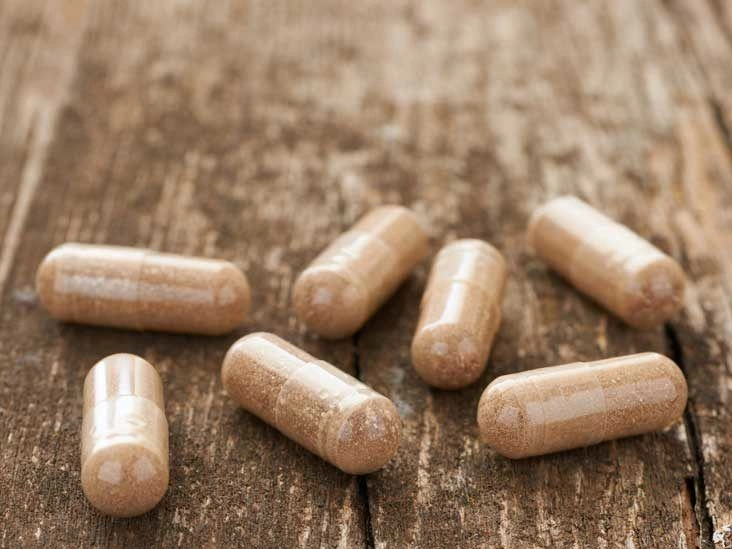














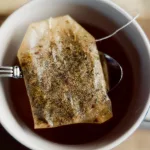


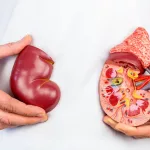
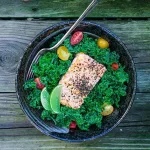




Leave a Reply
You must be logged in to post a comment.